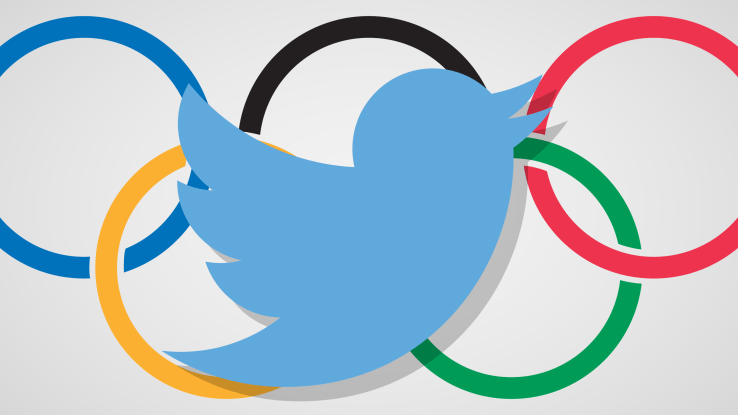
Here’s a fresh example to show that Twitter, a ten-year-old company that has been public for the last three, retains the propensity to act like a newborn when it comes to its 310 million active users.
We know Twitter struggles to handle the unsavory elements that exist on its platform — the recent harassment of Ghost Busters actress Leslie Jones showed that in clear terms — but once in a while the company goes ahead and does things itself that just seem to run counter to its ‘free speech’ values.
This week, Twitter booted a sports journalist from its platform because he tweeted three GIFs from the Olympics Games in Brazil.
That’s right, it banned him entirely rather than simply removing the offending content.
His account has since been reinstated following publicity, but the example is worrying.
Twitter, like all social networks, has a responsibility to police its platform for unlicensed content and remove what it uncovers. That’s been heightened around the Olympics after the International Olympics Committee (IOC) instituted some predictably conservative regulations ahead of the games this month which included, among other things, a ban on GIFs, short video clips and live-streaming of sporting action.
Twitter typically deals with unlicensed content by removing it from its service, so suspending a user seems overly punitive and, if not a mistake, perhaps even an effort to make an example.
Jim Weber, the user in question, explained in a LinkedIn post that he received emails from both Twitter and the IOC about his tweets but, despite trying to comply, got banned.
The organizations first demanded a removal of the content — the IOC gave a 10 minute window to do so — but within just a few minutes of Twitter’s first email, Weber’s account was temporarily suspended. The next morning, things escalated further as Twitter informed Weber that his account had been “permanently suspended for violating Twitter’s copyright policy.”
The frustrating thing appears to be that Twitter didn’t acknowledge Weber’s efforts to remedy the situation.
Weber, who started Lostlettermen.com and later sold it to Vaynermedia, said he had “probably written Twitter Support 10 times asking how long the suspension will last and if there is anything I could do to have it lifted” before the final email and ban. He admitted he thought the GIF tweets — which he pulled from Reddit — might get deleted, but he never envisaged losing his account altogether.
The account has close to 100,000 followers, and a potential large audience for the GIFs might explain why Twitter and the IOC acted in a somewhat frenzied fashion. Nonetheless, the way his case was dealt with seems very poor.
Weber has sent more than 69,000 tweets to date and built a large following on the service, yet that work was all removed via a heavy-handedly process with zero human interaction.
Twitter appeared to have restored Weber’s account after his story went viral — a number of concerned users had tagged Twitter CEO Jack Dorsey to alert him to the case, not unlike what happened with the bullying of Jones.
The fact that this particular incident involves the IOC has led many to suggest that Twitter is prioritizing the demands of a content partner above its userbase — which we know isn’t growing at the rate that the company hopes.
“It’s disappointing that Twitter will throw users under the bus to do it by permanently banning the very users that built Twitter into the vibrant community it is today. It’s even more frustrating that I didn’t have a single human interaction but was delivered form letters determining my fate — likely sent from somewhere halfway around the world,” New York-based Weber wrote on LinkedIn.
He added that he is now “hesitant to post anything to social media platforms” such was his experience.
His account may have been reinstated, but for Weber and many others, we have yet another piece of anecdotal evidence outlining problems that continue to remain broken even after a decade of Twitter.
Twitter declined to comment when we asked for further information. The company did, however, point us to its copyright policy, which includes instructions on how to file a counter notice.


ConversionConversion EmoticonEmoticon